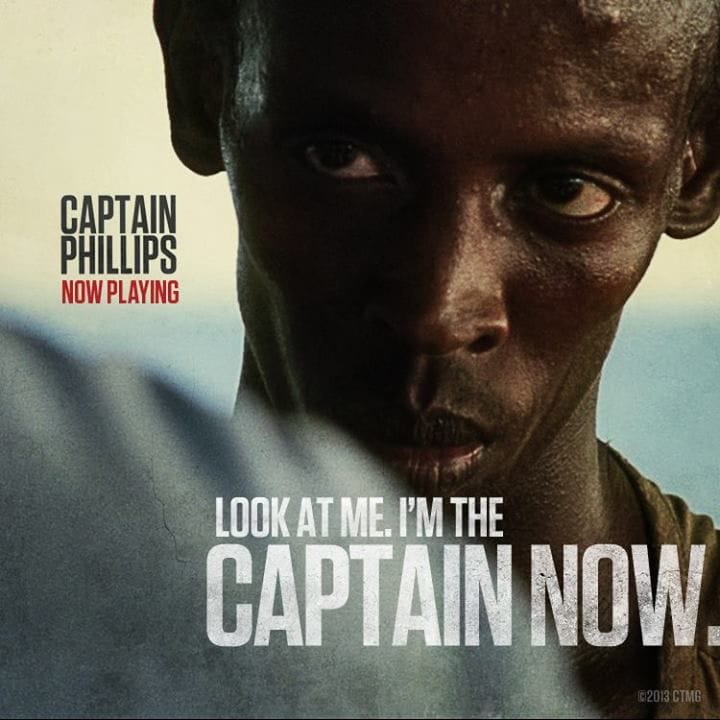The Long View 2005-06-03: Revivals, Counterfactuals, & Subsidies

This is a counterfactual, rather than a prediction, so I can't assess its accuracy as such. However, I find it interesting to ponder:
We should also remember that there would have been no conservative revival in the United States if NIxon had remained in office. Nixon brought the liberal wing of his party down with him; only the eclipse of the Rockefeller Republicans made room for the Reagan Revolution. If Richard Nixon had not resigned, in fact, the political landscape in America would look much more like that of Europe.
It seems likely to me that the parties would have continued down much the same path as they did without the resignation of Nixon, but it does seem likely that the peculiar phenomenon of Reaganism might not have happened.
Revivals, Counterfactuals, & Subsidies
Before the announcement this week that Mark Felt, former Deputy Director of the FBI, was actually the secret source who inspired the Washington Post to pursue the Watergate matter, I had almost made my mind up that Deep Throat was a "composite," essentially a bundle of rumors that was personified as a single, anonymous person. I had supposed that, when the truth came out, the bodies of Woodward & Bernstein would be torn from their graves, condemned for conduct unbecoming a journalist, and then thrown into the Potomac. Alas.
Despite having lived through it, I still don't know what to think of the Nixon Administration, except that, as a native of New Jersey, I was little impressed by its level of corruption. (After leaving office, Richard Nixon settled in New Jersey.) Peggy Noonan, who is also from New Jersey, has some firm opinions about the consequences of the failure of the Watergate affair to die:
What Mr. Felt helped produce was a weakened president who was a serious president at a serious time. Nixon's ruin led to a cascade of catastrophic events--the crude and humiliating abandonment of Vietnam and the Vietnamese, the rise of a monster named Pol Pot, and millions--millions--killed in his genocide. America lost confidence; the Soviet Union gained brazenness. What a terrible time. Is it terrible when an American president lies and surrounds himself by dirty tricksters? Yes, it is. How about the butchering of children in the South China Sea. Is that worse? Yes. Infinitely, unforgettably and forever.
Actually, the true awfulness of those years was perhaps better expressed in prophecy than in the histories that have been written about it: dig out a file of Jefferson Starship's Ride the Tiger if you are interested. (Again, I suspect the tile of that song is derived from Julius Evola's book of similar name, but I have never investigated.)
Would the Republic of South Vietnam have survived if Richard Nixon had remained in office? Maybe, but I would not bet on Cambodia. And the Nixon Administration would have been perfectly capable of trying to prop up the Portuguese empire in Africa, which collapsed the year South Vietnam did. We should also remember that there would have been no conservative revival in the United States if NIxon had remained in office. Nixon brought the liberal wing of his party down with him; only the eclipse of the Rockefeller Republicans made room for the Reagan Revolution. If Richard Nixon had not resigned, in fact, the political landscape in America would look much more like that of Europe.
* * *
On the subject of Europe, Mortimer Sellers, writing in The International Herald Tribune, has the first intelligent suggestion I have seen about how America should react to the miscarriage of the European Constitution:
I spent the two weeks leading up to the referendums speaking about the probable results with lawyers and professors of constitutional law in France, the Netherlands, Belgium and Spain. Their nearly universal consensus was that although the no vote would be bad for Europe, it would be worse for trans-Atlantic relations. Unless the United States acts quickly to strengthen its ties with Europe, the Western alliance will begin to break down, recreating the conditions that led to the two world wars last century.
That perhaps is an exaggeration. Nonetheless, the US should do something to stabilize the situation; with regard to the euro, maybe something quite drastic, quite soon. In any case, Sellers argues that we need a new round of institution building:
Broadening NATO into fields such as commerce and education would remind Europeans and Americans of their long-shared commitment to democracy, the rule of law and human rights. The North Atlantic alliance has brought peace and justice to three generations of Europeans and Americans, despite our occasional differences. My conversations with European colleagues over the past two weeks remind me how many fundamental values we still share, even as we sometimes fear each other's motives.
These are hardly new suggestions, but their time may be about to come.
* * *
Part of the problem with getting the Iraqi military up and running again has also been a question of overcoming the stultifying political culture of the former regime. According to James Corum, writing in the New York Times, the difficulties with trying to use elements of the old Iraqi military were oddly familiar:
The character of these men should not have been a surprise: the NATO militaries spent most of the 1990's rebuilding the old Warsaw Pact armies. Retraining the officers from Bulgaria, Hungary, Poland, Romania and the Czech Republic into Western-style forces was a long, expensive and difficult task. For example, the German Army had to set up a three-year program to re-educate 14,000 officers and noncommissioned officers from the East German Army; even now, according to people I know in the German Army, you can still pick out those who had been trained under the Communist system by their lack of initiative and unwillingness to assume responsibility.
There are still people who say that Paul Bremer made a mistake by disbanding the Iraqi Army.
* * *
Getting back to Europe for a moment, how are leaders there reacting to the constitutional crisis? One notes headlines like this: After a Fall in Popularity, Chirac Shifts Cabinet Posts. I cite that, however, chiefly so I can quote this from Ambrose Bierce's Devil's Dictionary:
The cabbage is so called from Cabagius, a prince who on ascending the throne issued a decree appointing a High Council of Empire consisting of the members of his predecessor's Ministry and the cabbages in the royal garden. When one of His Majesty's measures of state miscarried conspicuously it was gravely announced that several members of the High Council had been beheaded, and his murmuring subjects were appeased.
Scripture has wisdom for every occasion.
* * *
Reform is difficult in every arena, not least with regard to spelling. The Simplified Spelling Society and the American Literacy Council, to both of which I am proud to belong, once again sent protesters to the National Spelling Bee in Washington DC, to educate the public about the need for an orthographic upgrade. (There is something odd about a spelling system that is erratic enough to provide the basis for a competitive sport, but don't get me started.) In prior years, these protests have been well reported. This is the only press comment I have been able to find so far about this year's effort:
Three Kiwis will be active at the Scripps National Spelling Bee finals in Washington, DC, from May 31 to June 2 – two on stage, one on the footpath/sidewalk.Charlotte Roose, from Hillcrest High School, Hamilton, will be the New Zealand representative in the competition. Another New Zealand-born competitor, Sam Lawson, will represent the Florida county where he now lives. There are 273 finalists from about 10 million entrants.
Outside the hotel that is hosting the event, Allan Campbell from Christchurch, convener of Spell 4 Literacy, will be one of about a dozen spelling-change advocates picketing the event.
Again: alas.
* * *
Speaking of my enthusiasms, you may have heard that the great hope of Broadway this season is the musical Spamalot, which is essentially a stage adaptation of the film, Monty Python and the Holy Grail. I cannot say that I have ever actually attended a musical, but I am interested in this one, because of the amount of my brain matter that was dedicated to memorizing Python material in my youth, and which I am helpless to rededicate to better purposes. Thus, I took note of Mark Steyn's grudgingly unfavorable review of the play, entitled Dead Parody Sketch
A Connecticut YankeeHellzapoppin’
Perhaps the time has come to forget, indeed suppress, Monty Python. The Python canon promotes flippancy and cynicism, and so corrupts the young. I further think that we should tax all people standing in water, but again, don't get me started.
* * *
Everything is set for me to attend the annual conference of the International Society for the Comparative Study of Civilizations next week, at the University of St. Thomas in St. Paul in Minnesota, USA. The conference topic is Civilizations, Religions and Human Survival. I will deliver a paper entitled "The Second Religiousness in the 21st Century," which deals with Oswald Spengler's views about the future of religion.
At the risk of being tactless, let me point out that I was not able to get a grant for this, despite the fact I was invited. The cost of the whole expedition, including two nights in the university's palatial dorms, is only about $500. This comes straight out of my beer money. Anyone wishing to subsidize the disinterested pursuit of scholarship is invited to make a donation here. Any excess funds will be spent on Heineken.
Thanks!
Copyright © 2005 by John J. Reilly



Comments ()